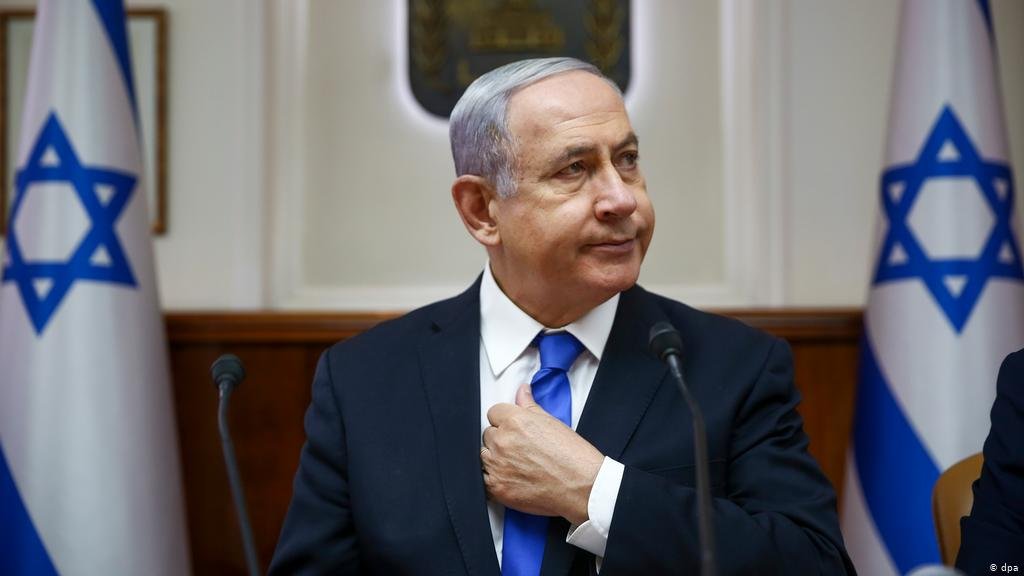Israeli Prime Minister Benjamin Netanyahu has confirmed a ceasefire agreement with Hezbollah, marking a potential turning point in the recent escalation of hostilities. The deal follows weeks of negotiations spearheaded by the United States and supported by Western allies. Netanyahu announced the agreement during a televised address on Tuesday, emphasizing its significance in reducing tensions in the region.
During his address, Netanyahu highlighted the impact of Israel’s military actions against Hezbollah, stating, “Hezbollah is no longer the same. We have destroyed many missiles and rockets.” He assured the Israeli public that the agreement prioritizes their security and stability.
The proposed ceasefire includes mutual steps to de-escalate the situation. Hezbollah is set to withdraw its forces from southern Lebanon, while Israel will remove its troops from the region. Netanyahu noted that the agreement would be presented to his cabinet for approval, with the ceasefire potentially taking effect as early as Wednesday if endorsed.
The announcement comes after weeks of Israeli airstrikes targeting Hezbollah positions across Lebanon, which reportedly resulted in over 3,500 casualties. The intense conflict had raised fears of a broader regional confrontation. The ceasefire deal, if successfully implemented, could pave the way for a more stable period, though experts caution that the situation remains fragile.
The international community has welcomed the agreement as a step toward de-escalating tensions. Observers view the deal as a critical outcome of persistent diplomatic efforts led by the United States and its allies, emphasizing the need for ongoing dialogue to maintain peace.
The move signals a cautious optimism for a region long plagued by recurring cycles of violence. However, analysts suggest that the success of the ceasefire will depend on the commitment of both parties to adhere to its terms and address underlying grievances.










